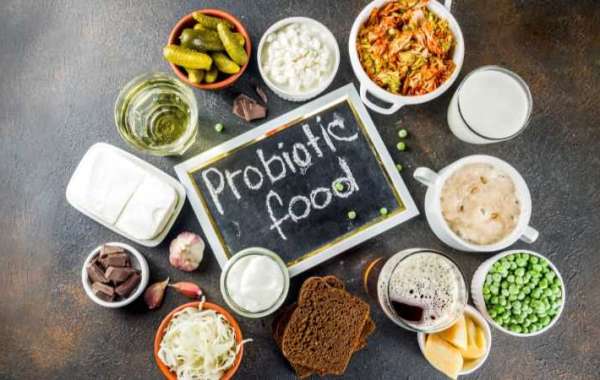Proper nutrition is essential for maintaining the health, growth, and productivity of ducks.
Whether you are raising ducks for eggs, meat, or as pets, understanding their dietary requirements is key to ensuring their well-being.
This guide outlines the fundamental nutritional needs of ducks and provides tips on how to meet these needs effectively.
Key Nutritional Components for Ducks
Proteins
- Importance: Essential for growth, muscle development, and egg production.
- Sources: Insects, fish meal, soybean meal, peas, and commercial duck feed.
Carbohydrates
- Importance: Provide energy for daily activities and overall metabolism.
- Sources: Grains such as corn, wheat, barley, and oats.
Fats
- Importance: Supply concentrated energy, aid in nutrient absorption, and support feather health.
- Sources: Fish oil, flaxseed, and commercial feed blends.
Vitamins
- Vitamin A: Important for vision, immune function, and reproduction. Found in green vegetables and fish liver oil.
- Vitamin D: Crucial for calcium absorption and bone health. Ducks obtain this from sunlight and fortified feed.
- Vitamin E: Supports immune function and muscle health. Found in wheat germ and vegetable oils.
- B Vitamins: Essential for energy metabolism and nervous system health. Found in brewer's yeast, grains, and green vegetables.
Minerals
- Calcium: Necessary for eggshell formation and bone health. Sources include crushed oyster shells, limestone, and dairy products.
- Phosphorus: Works with calcium for bone health. Found in grains and fish meal.
- Sodium and Chloride: Important for fluid balance and nerve function. Typically supplied through salt in commercial feeds.
Water
- Importance: Vital for digestion, temperature regulation, and overall health.
- Access: Ducks should have constant access to clean, fresh water.
Dietary Considerations for Different Stages
Ducklings
- High Protein: Ducklings require a higher protein diet (20-22%) to support rapid growth. Starter feeds formulated for ducklings or chick starter feed can be used.
- Niacin: Ensure sufficient niacin in the diet to prevent leg deformities. Brewer's yeast is a good supplement.
Growing Ducks
- Balanced Diet: As ducks grow, their protein needs decrease to around 16-18%. Transition them to a grower feed that provides balanced nutrition.
- Access to Greens: Providing greens can supplement their diet and improve overall health.
Laying Ducks
- Increased Calcium: Laying ducks need higher calcium levels to support egg production. Supplement their diet with oyster shells or a layer feed high in calcium.
- Consistent Nutrition: Ensure a steady supply of balanced feed to maintain egg production and health.
Maintenance for Adult Ducks
- General Maintenance Diet: Adult ducks not laying eggs can be maintained on a lower protein diet (14-16%). Provide a mix of grains, greens, and a general poultry feed.
- Monitor Weight: Avoid overfeeding to prevent obesity, which can lead to health problems.
Additional Feeding Tips
- Variety: Offer a variety of foods to ensure all nutritional needs are met. This can include commercial feed, grains, vegetables, and occasional treats like insects or small fish.
- Foraging: Allow ducks to forage if possible. Foraging provides natural nutrients and keeps ducks active.
- Treats: Use treats like fruits, vegetables, and grains sparingly to avoid imbalances in the diet. Avoid feeding ducks bread or junk food, as these can lead to malnutrition and health issues.
- Feeding Schedule: Establish a regular feeding schedule to maintain consistency. Ensure ducks have access to food and water throughout the day.
Conclusion
Understanding and meeting the nutritional needs of ducks is essential for their health, productivity, and overall well-being.
By providing a balanced diet that includes appropriate levels of protein, carbohydrates, fats, vitamins, minerals, and water, you can ensure your ducks thrive.
Whether you’re raising ducklings, growing ducks, or maintaining adult ducks, adjusting their diet to their specific needs at each stage of life will help keep them healthy and productive.








